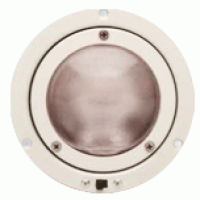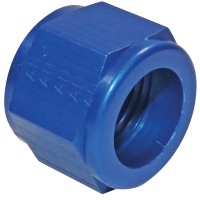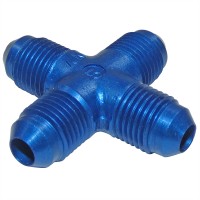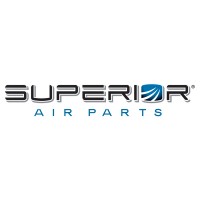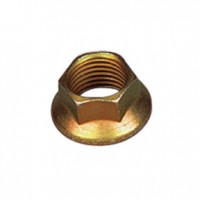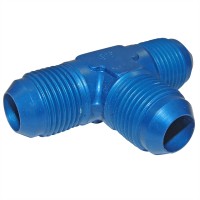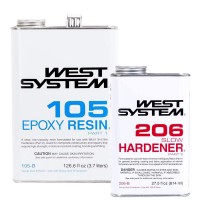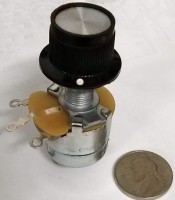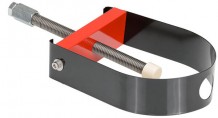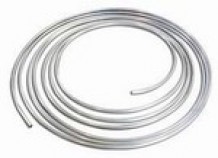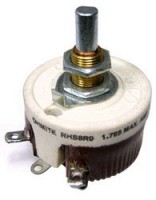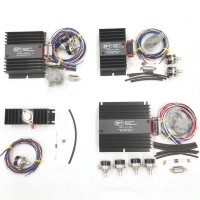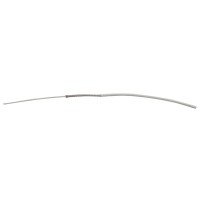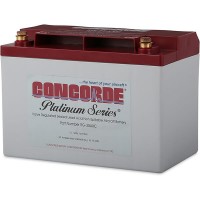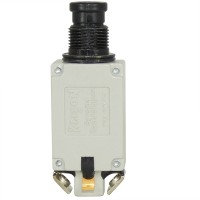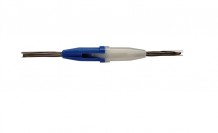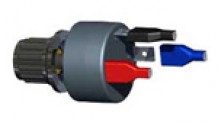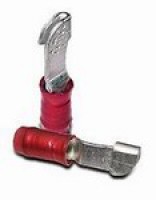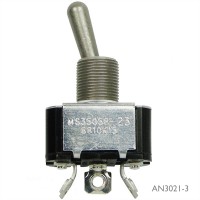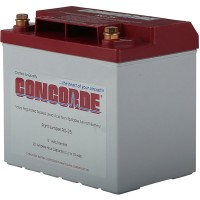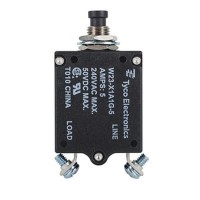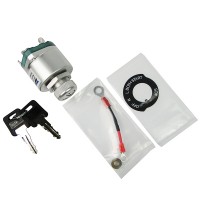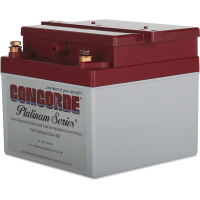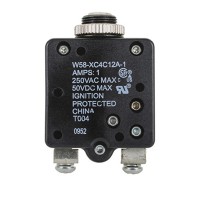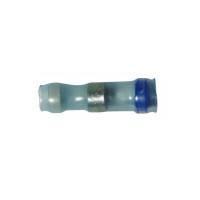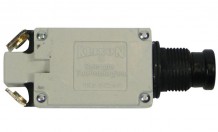SAME DAY SHIPPING ON ORDERS PLACED BY 4 PM | 877-4-SPRUCE
Flightech Ldc-2 Light Dimmer
$83.95/Each
Add to cart for current price
Add to cart for current price
Part# 11-03522
MFR Model# LDC-2
MFR Model# LDC-2
Overview
|
The LDC-2 Light Dimmer Assembly is designed to replace the rheostat commonly used in many aircraft lighting systems. Designed around a voltage control circuit, the LDC-2 offers several advantages over smiple power transistor control light dimmer units, that include short circuit overload protection and thermal shut down. Installation is simple, remove the old rheostat and insert the LDC-2 in place of the rheostat, connect a ground wire, plus wire, lights and connect the new control potentiometer. The control potentiometer is a low current device with an ON-OFF switch for powering down the LDC-2. The power-down features eliminates the need for a high current switch to turn the panel lights on and off. The new Light Dimmer Assembly is easy to install, runs cooler then rheostats, operating voltage 12-28 volts and is warranted for three years. |
WARNING: Cancer and Reproductive Harm - www.P65Warnings.ca.gov. |
Features
- Small size, 2" x 1.8" x 2.5"
- Up to 1 Amp of Current
- ON-OFF Switching from Control Pot, this is a low current control, no switchign load current for lights.
- Current Limiting and Thermal Protection.
- Includes light control, mounting hardware, wire, connector housing and crimp terminals.
- Three year warranty.
Q&A
Please note, Aircraft Spruce's personnel are not certified aircraft mechanics and can only provide general support and ideas, which should not be relied upon or implemented in lieu of consulting an A&P or other qualified technician. Aircraft Spruce assumes no responsibility or liability for any issue or problem which may arise from any repair, modification or other work done from this knowledge base. Any product eligibility information provided here is based on general application guides and we recommend always referring to your specific aircraft parts manual, the parts manufacturer or consulting with a qualified mechanic.


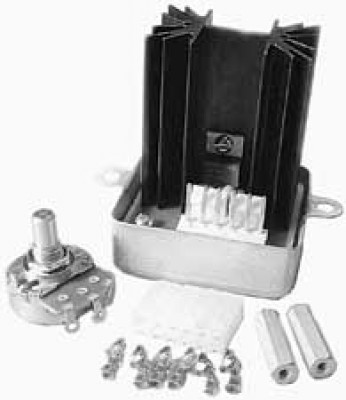





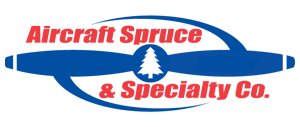 FREE Shipping
FREE Shipping
